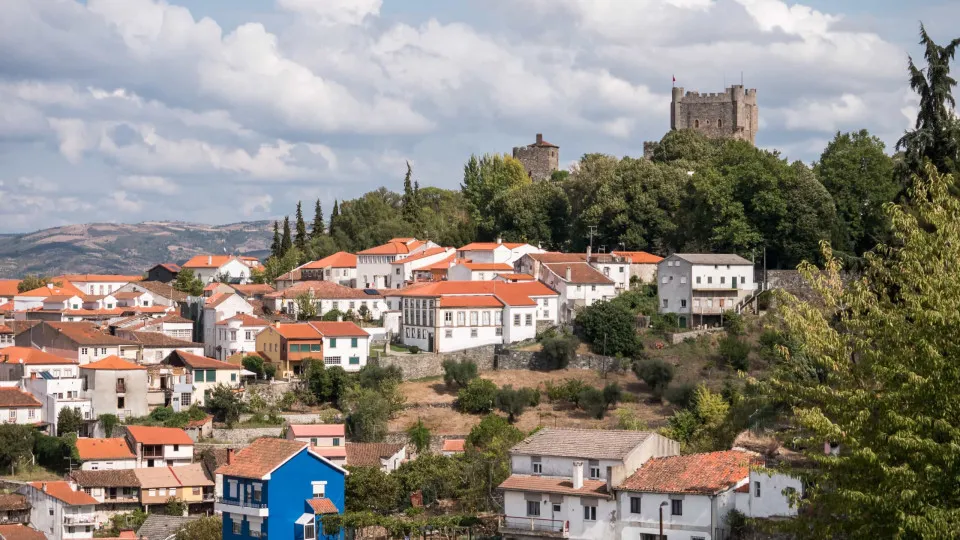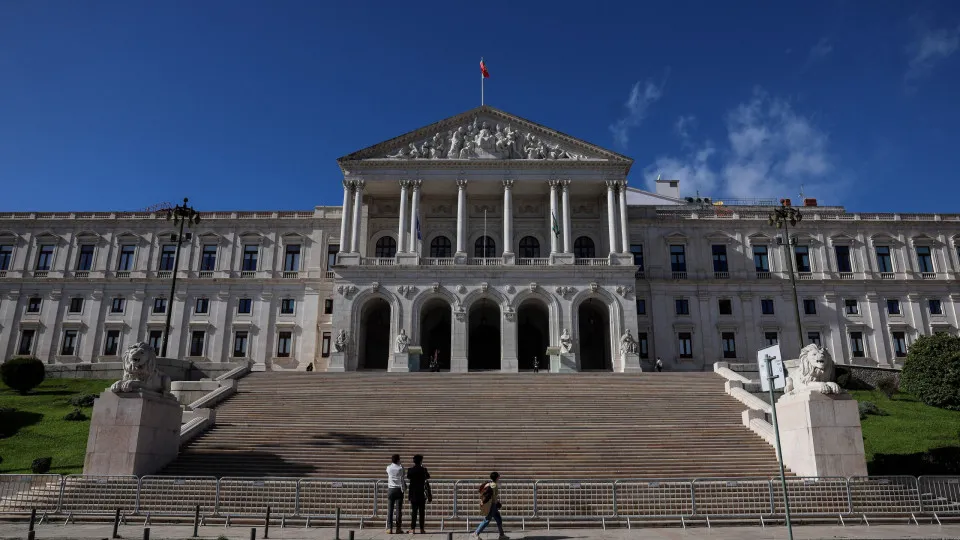
Fernando Almeida explained that one of the reasons for contesting the elections is due to the absence of the movement’s symbol on the ballot papers.
When the lists were approved by the Bragança tribunal, the movement realized that the symbol had not been sent by the court to the municipality to be included on the ballot paper.
A complaint was filed, and it was upheld. On that day, a court source mentioned that the issue was being resolved and that the symbol was sent to the municipality for inclusion on the ballots.
The National Election Commission stated that it was contacted by the municipality regarding the situation and, since the ballots had already been printed for early voting, advised leaving them without the independent movement’s symbol.
Consequently, on election day, the ballots did not contain the movement’s symbol. “The municipality ultimately did not comply with the court’s order,” criticized Fernando Almeida, emphasizing that they were “harmed.”
“All have a symbol, we have the right to a symbol. Neither the municipality nor anyone else can take away the right granted by law,” stated the mayoral candidate, Manuel Vitorino.
Another illegality pointed out by the campaign director is that ballot papers displayed near polling stations in various parishes of Bragança had their movement’s name covered or were crossed out with the word “rejected” concerning the municipal assembly vote.
“I was at a polling station, acting as a delegate in Gondesende, and I questioned the chairwoman, who indicated that our candidacy was out of the race,” Fernando Almeida recounted, adding that their candidacy included both the municipality and the assembly.
The independent movement had submitted a list for Bragança’s municipal assembly, but it was rejected by the court because the candidates’ professions were missing, explained the mayoral candidate, Manuel Vitorino. However, he argued that the posted ballots should not have been crossed out, constituting an illegality.
On election day, Bragança’s municipality issued a circular to the parish councils. “This missive informs that rejected candidacies remain on the ballots. Hence, the National Election Commission (CNE) recommends informing voters through polling stations (…). Given this situation, and similar to other electoral acts, the CNE suggests placing a clear notice beside the large (A3) ballot sample to inform voters about the candidacies not running due to rejection,” the document states.
The CNE clarified that if rejected candidacies appear on the ballots because they are already printed, a notice should be posted stating their rejection.
However, regarding the crossed-out ballots, the CNE asserts that “the commission did not issue such instruction.”
In the complaint filed with the Constitutional Court, the Pela Nossa Terra Bragança movement emphasizes that “these actions constitute an irreparable nullity of the electoral act, necessitating the annulment of the results and the repetition of the vote to ensure equal treatment for all candidacies.”
Efforts to contact Bragança’s municipality for clarification were unsuccessful.




